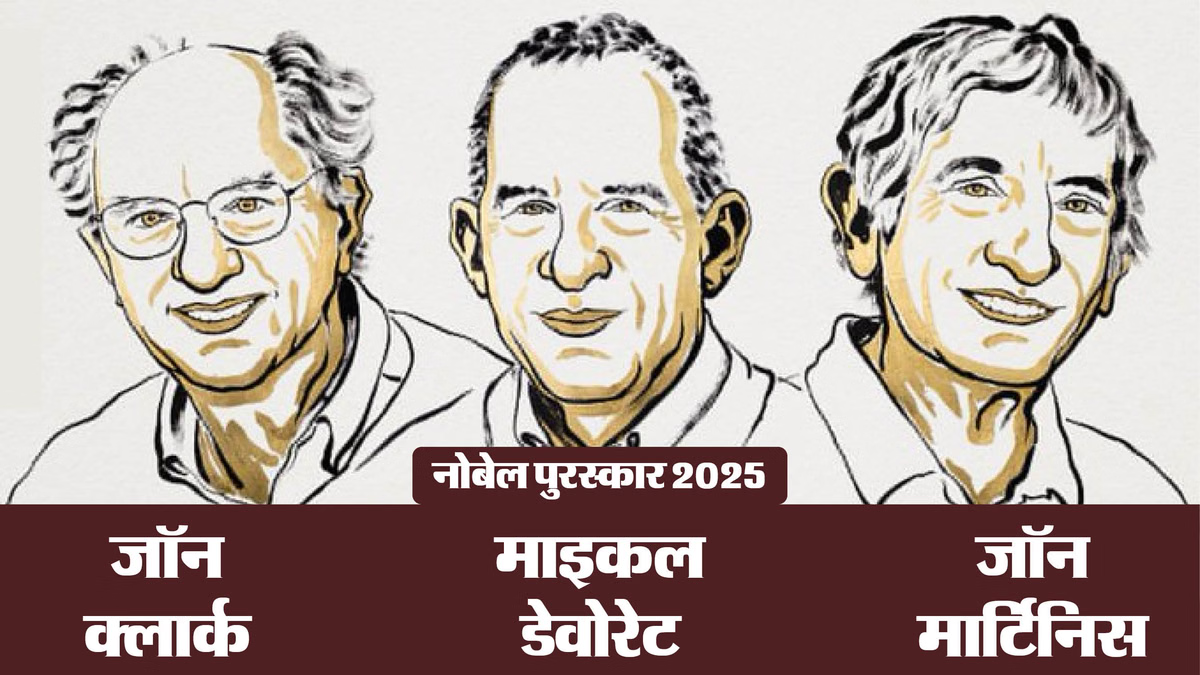Now Reading: Mokyr, Aghion, Howitt Win 2025 Nobel Economics Prize
-
01
Mokyr, Aghion, Howitt Win 2025 Nobel Economics Prize
Mokyr, Aghion, Howitt Win 2025 Nobel Economics Prize

The Royal Swedish Academy of Sciences today announced that the 2025 Nobel Memorial Prize in Economic Sciences has been jointly awarded to three visionary economists: Joel Mokyr, Philippe Aghion, and Peter Howitt. They are being honored for their seminal contributions to the study of innovation, technological change, and the dynamics of long-run economic growth.
The prize recognizes their transformative work that has fundamentally reshaped our understanding of why some nations prosper while others lag, placing technological progress and the process of creative destruction at the heart of modern economic theory.
The Core Contributions of the Laureates
The work of these three scholars, while distinct, forms a cohesive framework for understanding the mechanisms behind sustained economic development.
1. Joel Mokyr: The Engine of Knowledge and Historical Perspective
Professor Joel Mokyr, a distinguished economic historian, is being recognized for his profound insights into the historical roots of the Industrial Revolution and the role of useful knowledge in propelling economic progress. His work, which receives half of the prize money, highlights the significance of the “Industrial Enlightenment”— the period where an increasing number of inventors and entrepreneurs began to apply scientific knowledge systematically to production.
Mokyr’s research emphasizes that economic growth is not merely about capital accumulation or population size, but rather about the continuous flow of new, practical knowledge and the institutions that foster its creation and dissemination. His historical analysis provides the essential long-term context for the modern models of growth.
2. Philippe Aghion and Peter Howitt: The Dynamics of Creative Destruction
Professors Philippe Aghion and Peter Howitt share the remaining half of the prize for their pioneering work in developing the modern theoretical framework of Endogenous Growth and its core mechanism: Creative Destruction.
Building on the work of economist Joseph Schumpeter, Aghion and Howitt formalized the idea that innovation is the driving force of economic cycles. Their models explain that new, superior technologies and products constantly displace older, less efficient ones. This process, which they termed “creative destruction,” is disruptive in the short term—leading to the decline of old industries and job displacement—but is essential for boosting productivity and achieving higher living standards over the long run.
Their theory demonstrates that economic policies and institutional frameworks are crucial because they can either encourage or stifle this process. Policies concerning competition, patent rights, taxation, and education directly impact the incentives for firms to innovate and, consequently, the long-term growth trajectory of a nation.
Global Impact and Policy Relevance
The research of Mokyr, Aghion, and Howitt has moved beyond academic circles to profoundly influence policymakers globally.
- For Developing Nations: Their models provide a roadmap for structural reforms, stressing the necessity of creating an institutional environment that protects intellectual property and encourages competition, rather than relying solely on foreign aid or resource exploitation.
- For Developed Economies: The work offers a lens through which to manage the paradox of modern capitalism. It explains why rapid technological shifts, such as those seen in digitalization and Artificial Intelligence, cause temporary social unrest (job losses in old sectors) but are vital for future prosperity. It guides governments on designing better education and retraining programs to ease the transition for workers displaced by automation.
- In Macroeconomics: The laureates’ theories fundamentally changed how economists view the rate of long-term economic growth, showing it is not fixed but rather an outcome of the choices and policies governments and societies make.
The three laureates will share the prize amount of 11 million Swedish Kronor (approximately $1 million), a gold medal, and a diploma. The awards will be presented at a formal ceremony in Stockholm on December 10, marking the conclusion of the 2025 Nobel Prize announcements. Their work serves as a powerful reminder that the true wealth of nations lies in their capacity for innovation and continuous reinvention.









